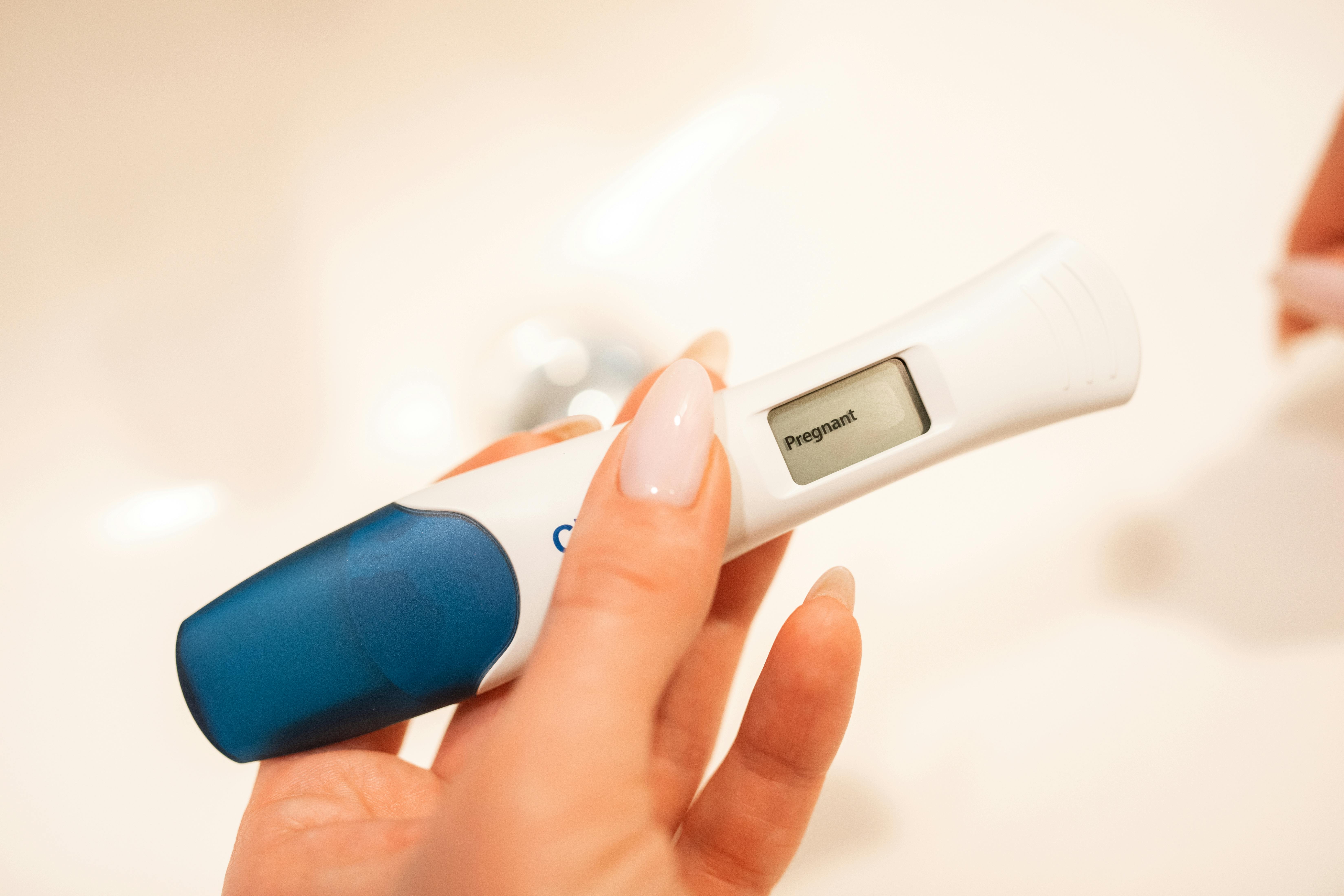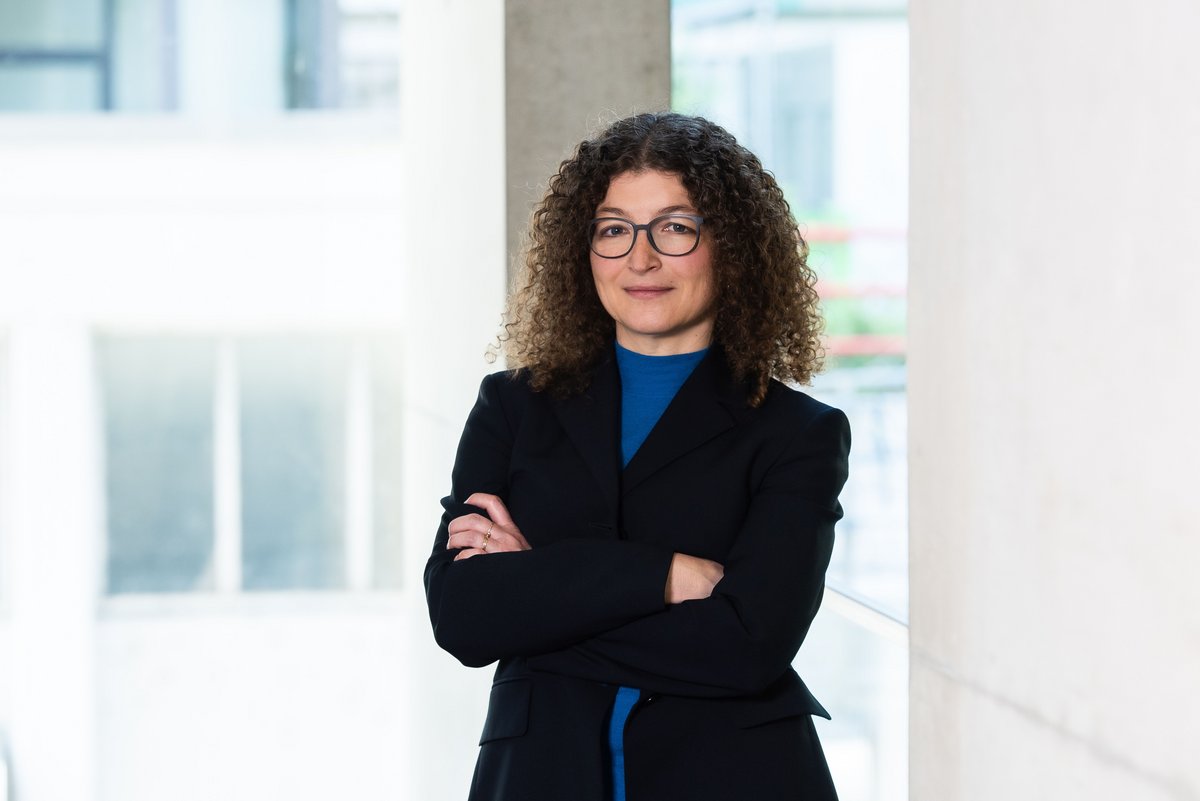
Abortion: Recommendations for an amendment to the law
On 15 April, the German commission on reproductive self-determination and medicine (Kommission zur reproduktiven Selbstbestimmung und Fortpflanzungsmedizin, KOMrSF) presented its recommendations for an amendment to the law on abortion. Commission member Liane Wörner (University of Konstanz) served as the scientific coordinator of Working Group 1 (topic: abortion) of the commission and comments on the results.
Up to now, abortion has been illegal in Germany, but did not lead to prosecution under defined conditions. The regulations as per Section 218a of the German Criminal Code are the subject of controversial debate. The Federal Government convened the commission on reproductive self-determination and medicine in March 2023 to assess the possibilities of regulating abortion outside of criminal law. The interdisciplinary commission consisted of two working groups. Group 1 focussed on the topic of abortion, while Group 2 examined the options of legalizing egg donation and surrogacy motherhood. After a year of work, the commission presented its findings, identifying the scope for legislative action and giving recommendations.
"The unanimous recommendations reflect the joint result of our work, which is based on objective discussion and takes into account the complexity of this socio-politically important topic", says Liane Wörner, LLM (UW-Madison), law professor at the University of Konstanz and scientific coordinator of Group 1. "We have comprehensively examined the legislator's room for manoeuvre and show a path that takes into account all affected rights and interests, and that ensures transparency as well as legal certainty. The decision now lies with the legislature. Our well-founded recommendations should be included in the parliamentary debate and new legislation should be initiated after an objective and respectful social discussion on this important topic", says Wörner.
"Through its analysis and discussion, Group 1 brought about a change of perspective: focussing more on the pregnant woman and designing the law more with her perspective in mind. Our considerations are based on the realization that pregnancy, birth and motherhood lead to profound and irreversible changes in a woman's life, and that protecting the unborn life is only possible together with the pregnant woman, not against her will", explains Wörner.
Recommendations of Working Group 1
The commission's Working Group 1 makes the following key recommendations:
- In the early stages of pregnancy (up to the twelfth week of pregnancy), abortion should be legal, lawful and unpunishable.
- In the late stages of pregnancy, once the fetus is viable on its own, abortion should generally be illegal. Exceptions must be made if the pregnant woman cannot reasonably be expected to continue the pregnancy. This is particularly the case for medical reasons.
- In the mid-pregnancy phase, the legislator has leeway to decide up to what point abortion is permitted with the woman's consent (legal) and from what point abortion is no longer permitted (illegal). If the legislator decides that it is illegal, exceptions as in the late phase must also be provided for these cases. For criminological indications, the working group recommends an extension of the period of twelve weeks since conception.
- To avoid unwanted pregnancies, the experts recommend increased education and prevention work, in particular providing contraceptives free of charge even after the age of 22.
- Counselling (with or without a waiting period, mandatory or voluntary) must be unbiased as to the result, must not lead to delays and must not serve the purpose of persuading the woman to continue the pregnancy or making her aware that an abortion is only an option in exceptional situations.
- Abortions against the will of the pregnant woman, unsafe abortions, coercion to terminate a pregnancy and coercion to refrain from doing so must be regulated by criminal law. The regulatory gap to protect the unborn child from injury against the will of the pregnant woman must be closed.
Key facts:
- The German commission on reproductive self-determination and medicine (Kommission zur reproduktiven Selbstbestimmung und Fortpflanzungsmedizin, KOMrSF) was convened as of 31 March 2023 by the Federal Minister of Law, Dr Marco Buschmann, the Federal Minister of Family Affairs, Lisa Paus, and the Federal Minister of Health, Professor Karl Lauterbach
- The commission comprised 18 experts from the fields of medicine, psychology, sociology, health sciences, ethics and law
- The commission had two focus areas:
- Working Group 1: The possibilities of regulating abortion outside of criminal law
- Working Group 2: The options of legalizing egg donation and surrogacy motherhood
- Professor Liane Wörner, LLM (UW Madison) is a professor of criminal law, criminal procedural law, comparative criminal law, medical criminal law and legal theory and director of the Centre for Human | Data | Society (CHDS) at the University of Konstanz. She served as the scientific coordinator of Working Group 1 of the commission.
- About the commission and its two working groups (in German)
- The results of the commission have been published (in German)

